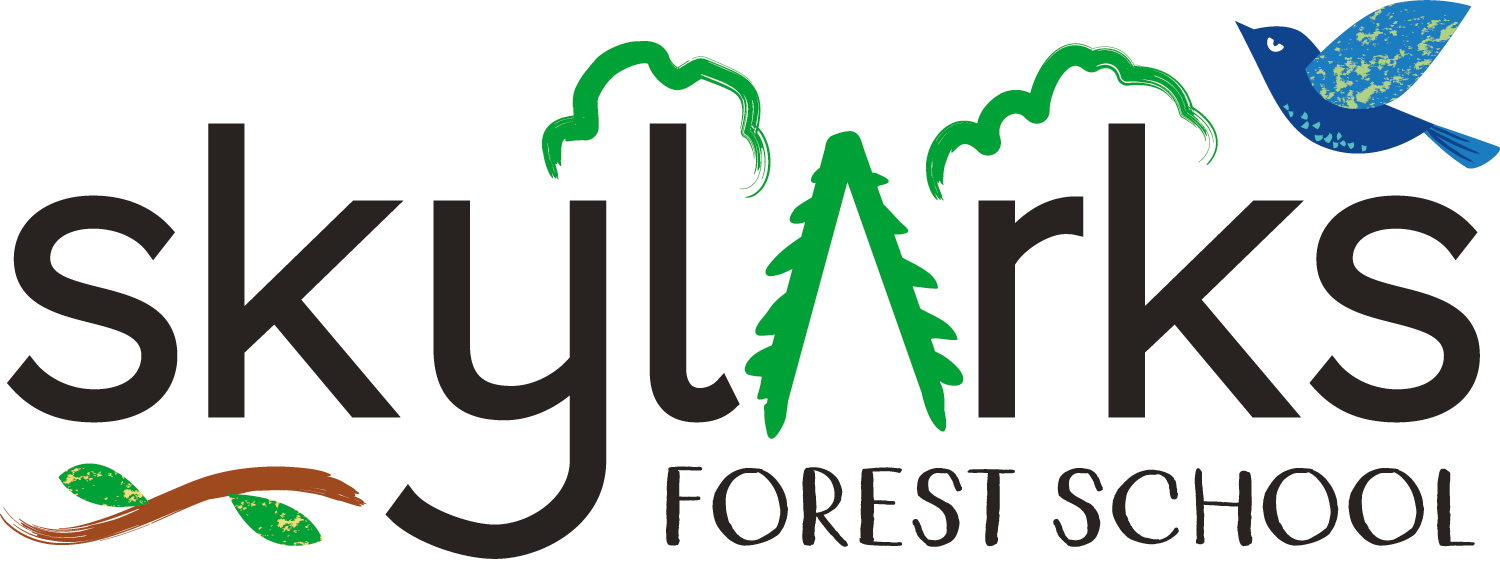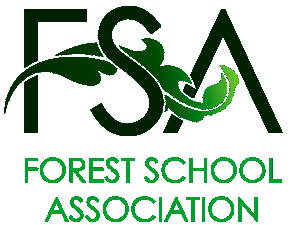Forest School is an inspirational process which offers children
and adults hands-on experiences in a woodland setting
It provides opportunities to achieve, take risks, develop confidence, work as a team and problem solve in a natural environment. Children use full sized tools as well as making and using fire to cook, play, learn boundaries for behaviour and grow in self-confidence. Forest School provides a unique learning environment in which the holistic development of the child is at the centre of practice.
We are members of the Forest School Association and ensure that we incorporate the FSA principles for good practice into the programmes we offer.
See the FSA site for further info.

ORIGINS OF FOREST SCHOOL
Forest School originated in Scandinavia where there is a strong belief in nature and movement being central to children’s learning, development and overall wellbeing. The philosophy of Forest School is to provide young children with an education which develops respect for the natural world, and encourages responsibility for nature and conservation throughout their lives.
Forest School was introduced in the UK in 1995, following the visit to a Danish Forest School made by a group of lecturers and nursery nurses from Bridgewater College, Somerset. During their visit they observed children exploring their environment independently, and as a result developed into confident, self-directed learners with a greater respect for the natural world. On their return to the UK, these practitioners developed their own programme based on the Danish model they had seen. Forest School practice has continued to grow in popularity and is used nationwide in a variety of settings.

AIMS AND OBJECTIVES OF FOREST SCHOOL
Forest School practice aims to develop:
KEY FEATURES OF FOREST SCHOOL
The use of a natural outdoor environment.
To develop understanding and respect for the
natural world.
A child-led approach to learning which is
fun and unhurried.
Supports personalised learning.
Trained adults who facilitate and observe learning rather than leading and directing.
High adult to child ratios, allowing children to access new experiences and challenges whilst considering potential risks.
Builds confidence and self-esteem through independent decision making and appropriate support.
Ensures all children have a voice, particularly
children who struggle to communicate.
A long term programme that revisits skills within nature.







